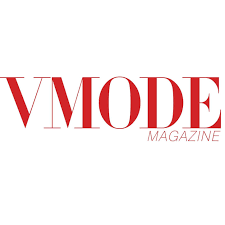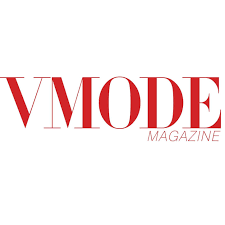The global education consulting industry is currently being reshaped by a series of powerful and transformative Education Consulting Market Trends that are changing the nature of the services clients are demanding and the way consulting firms are delivering them. The first and most significant trend is the profound shift from a focus on high-level, theoretical strategy to a more practical, hands-on focus on implementation and measurable outcomes. Clients are no longer satisfied with a beautifully crafted PowerPoint deck outlining a five-year strategic plan. They are demanding that their consulting partners roll up their sleeves and help them to actually execute that plan and to deliver tangible results. This has led to a major convergence between strategy consulting and technology consulting. A modern consulting engagement might start with a strategic question but will quickly move to include technology selection, process redesign, data analytics, and change management. This trend favors the large, multi-disciplinary firms that can offer this complete "strategy-to-execution" service and is forcing the traditional, pure-play strategy houses to build out their own implementation and digital capabilities to stay competitive.
A second major trend that is redefining the industry is the central role of data and analytics. The education sector has historically been data-rich but insight-poor. Today, there is a massive push to use data more effectively to inform decision-making at every level of the institution. This has created a huge demand for consulting services in the area of data analytics. Universities are hiring consultants to help them build modern data warehouses, to create institutional research dashboards, and, most importantly, to develop predictive models that can improve student outcomes. A key application is in the area of "student success." Consulting firms are helping universities to build early-warning systems that use machine learning to analyze a wide range of data points (such as class attendance, LMS activity, and grades) to identify students who are at risk of dropping out. The system can then trigger proactive interventions, such as reaching out from an academic advisor, to provide the student with the support they need to get back on track. This data-driven, proactive approach to student support is a major trend and a high-growth area for consulting firms.
A third key trend is the increasing specialization and "boutique-ification" of the market. As the challenges facing educational institutions become more complex, the demand for deep, niche expertise is growing. This is creating an opportunity for a new generation of highly specialized boutique consulting firms that focus on a single, specific problem. For example, there are now firms that specialize exclusively in helping universities to navigate the complex process of regional accreditation, firms that focus only on optimizing research administration and compliance, and firms that are experts in designing and launching new online degree programs. These boutiques compete not on brand name or scale, but on the basis of their unparalleled depth of knowledge in their chosen niche. This trend is creating a more diverse and specialized consulting landscape, offering clients a wider range of expert advisors to choose from beyond just the major, well-known firms. The Education Consulting Market size is projected to grow to USD 4.752 Billion by 2035, exhibiting a CAGR of 4.2% during the forecast period 2025-2035.
Top Trending Reports -
Italy Security Orchestration Automation And Response Market



